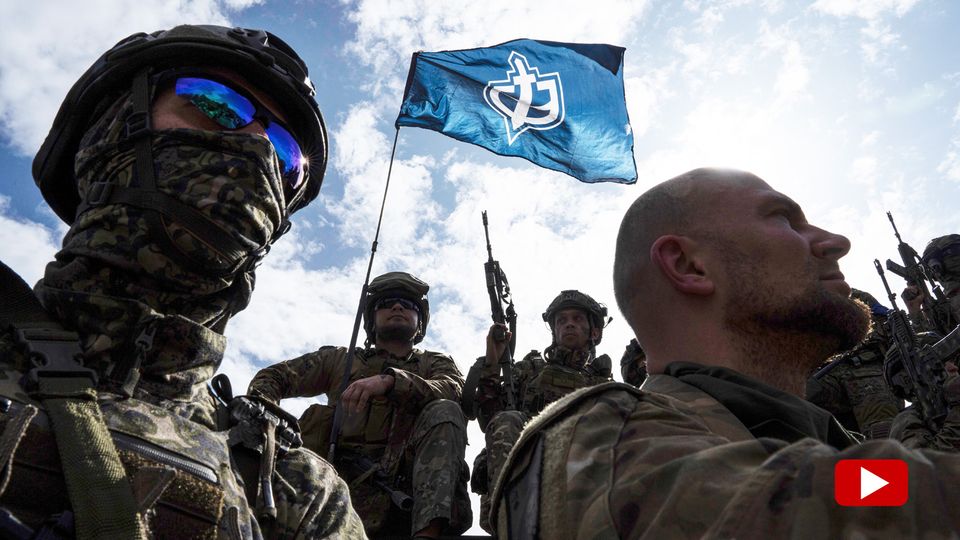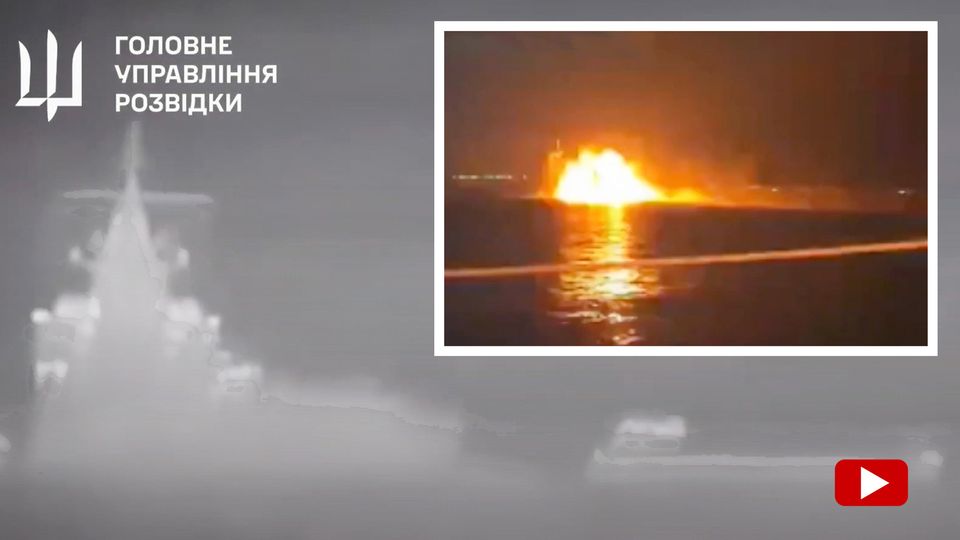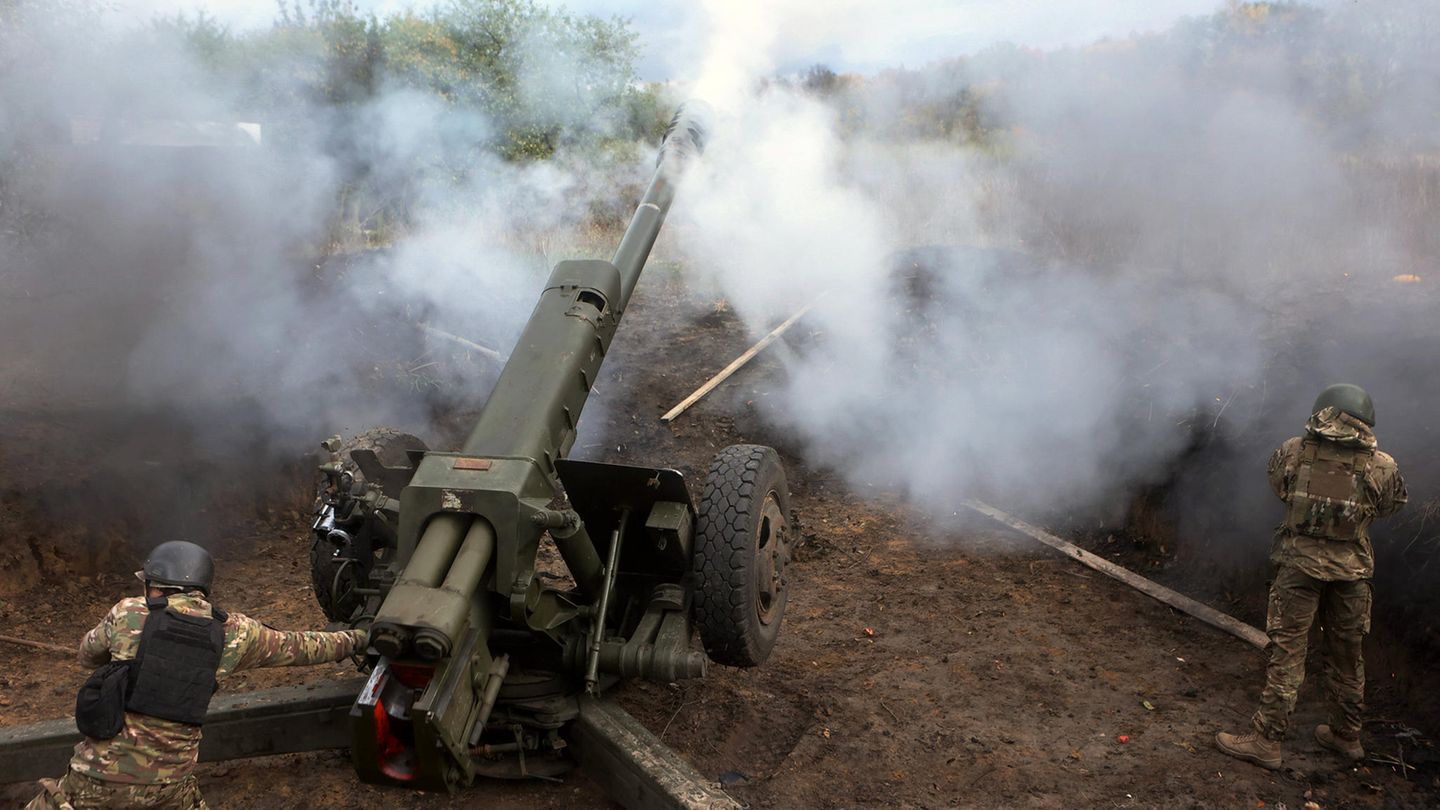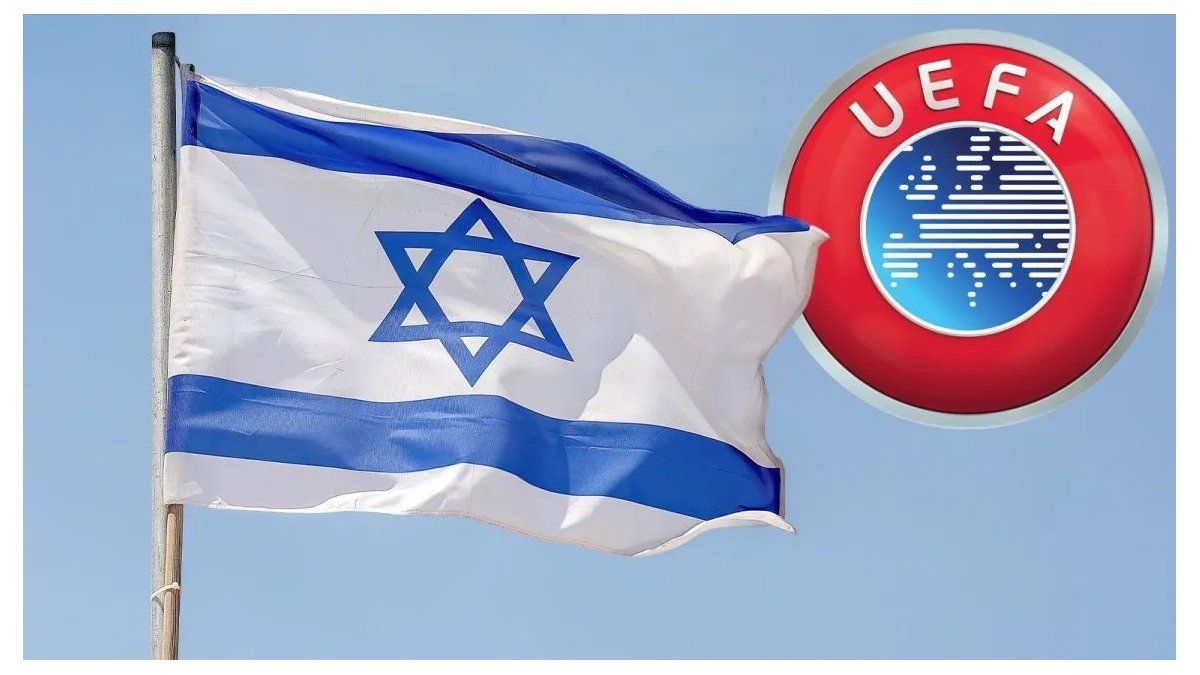Ukraine is repeatedly called upon to start peace negotiations with Russia. The Pope recently spoke out in favor of it. How likely is it that this will happen?
The war in Ukraine has been going on for more than two years – and President Zelensky is increasingly demanding Western support. An end to the Russian attack seems impossible; only peace negotiations could end the death and suffering, it is said again and again. Gwendolyn Sasse, scientific director of the Center for Eastern European and International Studies, explains why this demand is unrealistic.
Ms. Sasse, the Ukraine is repeatedly called upon to initiate peace negotiations with Russia. The Pope recently spoke out in favor of it. How likely is it that this will happen?
The position has not changed in recent months: there is currently no basis for ceasefire and peace negotiations. There are no signals from Russia that there is any interest in serious negotiations. There is no social or political will in Ukraine to give up the territories occupied by Russia. The peace plan presented by Zelensky in autumn 2022 envisages the complete withdrawal of Russian troops from Ukrainian territory. This plan is the starting point for negotiations for Ukraine. In many places, discussions about peace negotiations are speculative in nature and reflect wishful thinking from outside rather than realities in Ukraine and the Kremlin.
© A. Riedl
To person
Gwendolyn Sasse is a German political scientist. Since 2016 she has been scientific director of the Center for Eastern European and International Studies (ZOiS) in Berlin. She also holds the Einstein Professorship for Comparative Democracy and Authoritarianism Research at the Humboldt University in Berlin.
How would negotiations be initiated?
In a loose series of peace summits in Copenhagen, Malta and Saudi Arabia, Ukraine succeeded in sensitizing a growing number of states, including those from the so-called global south, to the war and its consequences. Since the beginning of 2024, Zelenskyj has been talking about plans for a first “peace conference” in Switzerland. There, Ukraine wants to work out a plan with international partners, which could then be discussed at further conferences with the participation of Russian representatives.
What would the further process look like?
Ultimately, both Russia and Ukraine would have to send signals to possible mediators that they are ready for exploratory talks or negotiations. It is then more likely that discussions will take place at the level of diplomats and government officials in preparation for negotiations at the presidential level. A ceasefire and its safeguarding are the logical prelude to serious negotiations.
Various international actors could offer and help shape the location and framework of negotiations, for example Switzerland, Turkey or the OSCE.
What would Ukraine and Russia want to achieve in the negotiations?
The negotiating positions of Russia and Ukraine will directly depend on the war situation at a given moment. The positions are currently irreconcilable: Russia claims the occupied territories, including Crimea, parts of the Donetsk, Luhansk, Kherson and Zaporizhzhia regions and demands Ukraine’s neutrality. Ukraine wants to completely restore its national territory, organize its accession to the EU and NATO independently and is demanding international security guarantees.
How could other geopolitical actors such as the USA, NATO, Germany or the EU exert influence before and during the start of likely negotiations?
Western governments, the EU and NATO can significantly influence the starting point for negotiations for Ukraine through their support for Ukraine. Because of this support, their role as direct mediators is initially minimal. Ukraine has targeted Switzerland as a possible mediator. Turkey also offers its participation at irregular intervals.
What is already happening in the background? Are discussions already taking place?
Warfare, including Western arms deliveries, and negotiations are not a contradiction, even if it sometimes sounds that way in political debates. Assistance in warfare can provide a basis for negotiations. Since the full-scale invasion began in February 2022, there have been repeated discussions – right at the beginning several times with high-level delegations, at least on the Ukrainian side. Negotiations took place in Turkey, among other places.

Western heads of government held direct talks with Putin before and after February 24, 2022. Since then, these contacts have been moved to other diplomatic channels. The goal here is not to miss the moment for change, but its scope is very limited. There have been repeated discussions on humanitarian aid, prisoner exchanges and the safety of the Zaporizhzhia nuclear power plant, with certain results achieved.
How useful are peace negotiations in the current war situation?
Most wars end with negotiations for a ceasefire and a post-war order. Negotiations that lead to a concrete institutional framework for securing peace make sense, but the moment at which they become possible and therefore have a chance of success depends directly on the events of the war and is only partially influenced from outside.
External actors can pre-explore and suggest places and formats for the negotiations, but the warring parties themselves must be convinced that these negotiations represent the best or only possible option. At this point, Russia’s war against Ukraine is not – neither in Russia nor in Ukraine.
Putin currently sees himself in a position of strength and therefore has no need to take action towards peace. The term “war-weariness” in Ukraine suggests a false picture. Of course, the soldiers at the front and the population in general are exhausted. However, opinion polls show very clearly that the approximately 20 percent who can now imagine negotiations associate them with uncertainty about further Western support.
What would change the current war situation and thus the possibility of peace negotiations?
Two measures are crucial: concentrated Western arms supplies and financial support for Ukraine. Within a year, the war could reach a point where Ukraine could regain territory and Russia realizes that the costs of a prolonged war are too high. This would clear the way for negotiations. Even this scenario does not mean agreement and implementation of the agreements. The ideas of the opposing political systems in Ukraine and Russia are too far apart for that.
A second scenario would be one in which American support for Ukraine collapses after a Trump re-election and the EU and NATO cannot balance the role of the USA. Then Ukraine could have to negotiate. This type of negotiation and its results have little prospect of securing lasting peace.

There is sometimes a suggestion that the negotiations should be thought of as a kind of freezing of a border analogous to the inner-German border. This comparison has no basis: Germany continued to exist on both sides of the internal German border – this would not be the case in Ukraine. Russia is already pushing the Russification of the occupied territories. It’s about ousting Ukraine, not about preserving it in some other form.
Source: Stern
I have been working in the news industry for over 6 years, first as a reporter and now as an editor. I have covered politics extensively, and my work has appeared in major newspapers and online news outlets around the world. In addition to my writing, I also contribute regularly to 24 Hours World.




